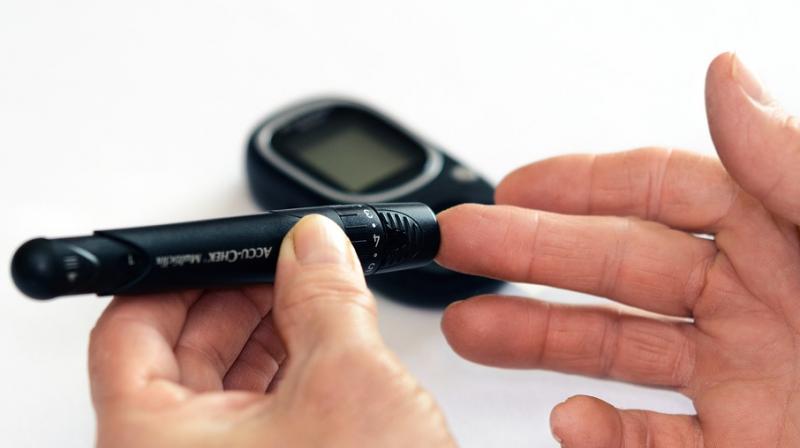Low Vitamin D levels linked to diabetes risk: Study
For the study, researchers measured Vitamin D levels in blood in participants, along with fasting plasma glucose and oral glucose tolerance.

Washington: Lack of Vitamin D is putting you at greater risk of diabetes, finds a research.
Researchers at the University of California San Diego School of Medicine and Seoul National University studied a cohort of 903 healthy adults (mean age: 74) with no indications of either pre-diabetes or diabetes during clinic visits from 1997 to 1999, and then followed the participants through 2009.
Vitamin D levels in blood were measured during these visits, along with fasting plasma glucose and oral glucose tolerance.
Over the course of time, there were 47 new cases of diabetes and 337 new cases of pre-diabetes, in which blood sugar levels are higher than normal but not yet high enough to be categorized as type 2 diabetes.
For the study, the researchers identified the minimum healthy level of 25-hydroxyvitamin D in blood plasma to be 30 nanograms per milliliter.
"We found that participants with blood levels of 25-hydroxyvitamin D that were above 30 ng/ml had one-third of the risk of diabetes and those with levels above 50 ng/ml had one-fifth of the risk of developing diabetes," said first author Sue K. Park.
Study co-author Cedric F. Garland said persons with 25-hydroxyvitamin D levels below 30 ng/ml were considered vitamin D deficient. These persons, the researchers found, were up to five times at greater risk for developing diabetes than people with levels above 50 ng/ml.
To reach 25-hydroxyvitamin D levels of 30 ng/ml, Garland said would require dietary supplements of 3,000 to 5,000 international units (IU) per day, less with the addition of moderate daily sun exposure with minimal clothing (approximately 10-15 minutes per day outdoors at noon).
The findings are reported in the online issue of PLOS One.

